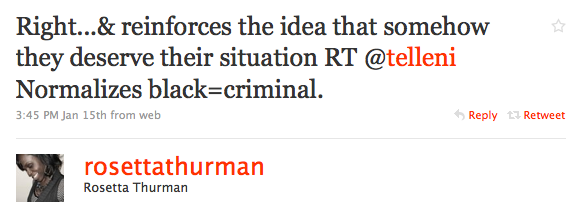
One of my favourite charities, Take a Hike Youth at Risk Foundation, was fortunate to be on the receiving side of Clara Hughes’ Winter Olympics bronze medal bonus.
Ten thousand unexpected dollars.
And then her sponsor, Bell Canada, matched her donation. That’s now $20,000.
And with the news stories on the donation, thousands of more dollars came in.
This wasn’t the result of some long-term relationship building between the ED and Hughes. It didn’t require shmoozing, prospecting, donor analysis or any other hard work of a fund development team.
It started because one of the Take a Hike program’s teachers embodied Take a Hike. He had met Clara Hughes’ partner randomly while on a remote kayaking trip on the northwest coast of Vancouver Island. Friendships developed, and Take a Hike came to mind when Hughes was looking to make a difference by contributing any bonus she might win along with a medal.
The teacher didn’t have a script. He wasn’t trained in fund development. He knows his work and the impact it makes in the lives of youth and feels confident sharing.
The lesson
I think it’s often easy for fundraising to be relegated to the ED and fund development staff. That way you can contain messages and hit key talking points. Because you can’t trust the program staff to always say the right thing, you might only let them connect to fundraising when a tour of their workspace needs to be done to show donors how the charity is serving <insert disadvantaged group here>. Or maybe you only call on them when you need statistics to report back to funders or donors to show that your efforts are successful.
I think that most people, no matter where they work in an organization, like to know how their work contributes to the bigger picture. The mission of the organization. To what end your charity exists. Staff are more than just their job titles, and very likely have interests and abilities beyond their job descriptions.
So let them in on the big picture. Connect them with opportunities to contribute to the mission more directly through committees, communication, or other work.
Be sure your staff are engaged with your mission. The payoffs could be huge.



